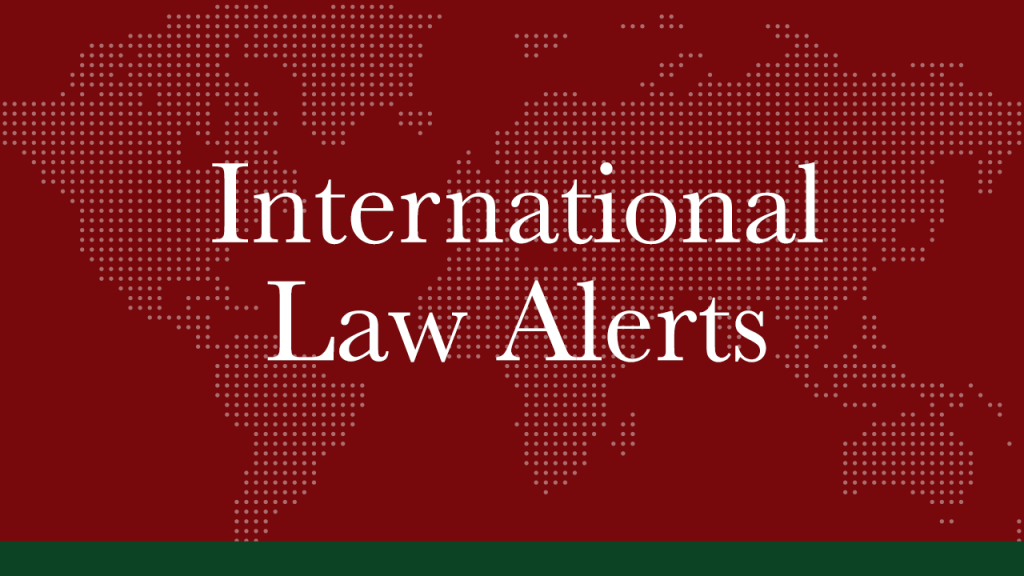
The US on Tuesday renewed its call for dialogue with North Korea and said Washington has no hostile intent toward Pyongyang, according to local media.
President Rodrigo Duterte has raised concern over the new trilateral security pact among Australia, the United Kingdom, and the United States (AUKUS), Malacañang said on Tuesday.
North Korea fired a pair of ballistic missiles off its east coast on Wednesday, September 15, South Korea’s military said, ratcheting up regional tensions just days after testing a cruise missile with possible nuclear capabilities.
Iran is to allow the UN nuclear watchdog to service monitoring cameras at Iranian nuclear sites after talks on Sunday, September 12, with IAEA head Rafael Grossi, according to the head of Iran’s atomic energy body and a joint statement.
China on Thursday, September 16, denounced a new Indo-Pacific security alliance between the United States, Britain and Australia, saying such partnerships should not target third countries and warning of an intensified arms race in the region.
Indonesia said on Friday, September 17, it was worried about an arms race in the region after neighboring Australia announced plans to acquire nuclear-powered submarines as part of a new Indo-Pacific security alliance with the United States and Britain.
Saudi Arabia’s King Salman bin Abdulaziz told the United Nations General Assembly on Wednesday, September 22, that his kingdom supports efforts to prevent Iran from obtaining nuclear weapons, as world leaders prepare to resume talks with Tehran to reinstate a 2015 nuclear pact.
The decrease in nuclear output was strongly influenced by the overall fall of around 1% in global electricity demand in 2020 caused by the COVID-19 pandemic, the report says. In addition, nuclear reactors were increasingly being called upon to provide load-following support to the growing share of variable renewable generation.
An International Atomic Energy Agency (IAEA) team of experts is conducting a mission to Lebanon to train national authorities and professionals in conducting non-destructive testing (NDT) to examine the integrity of buildings affected in last year’s port explosion in Beirut.
World nuclear generating capacity is set to continue its upward trend with demand for uranium fuel increasing over the period to 2040, according to the projections in the latest edition of World Nuclear Association’s Nuclear Fuel Report
The first of the two high-temperature gas-cooled reactors of the demonstration HTR-PM plant at Shidaowan, in China’s Shandong province, attained a sustained chain reaction for the first time yesterday.
Spain’s nuclear power generating industry will not be able to continue operating if a draft law approved on 14 September by the Council of Ministers is enacted, according to the country’s nuclear industry forum Foronuclear
The nuclear industry will need to achieve even closer coordination among licensees, regulators and suppliers to ensure its supply chain can efficiently meet the needs of buyers, according to participants in an event held by Foratom and the International Atomic Energy Agency (IAEA)
To facilitate rapid decarbonisation and cut dependency on fossil fuels, both nuclear energy and renewables are needed for power and hydrogen production, a new independent study has concluded.







































































































 on the upper right corner to select a video.
on the upper right corner to select a video.